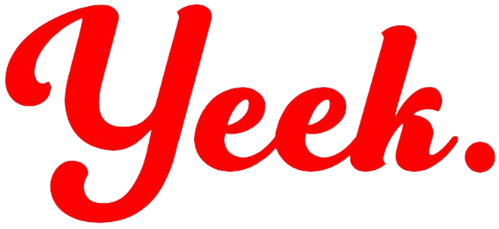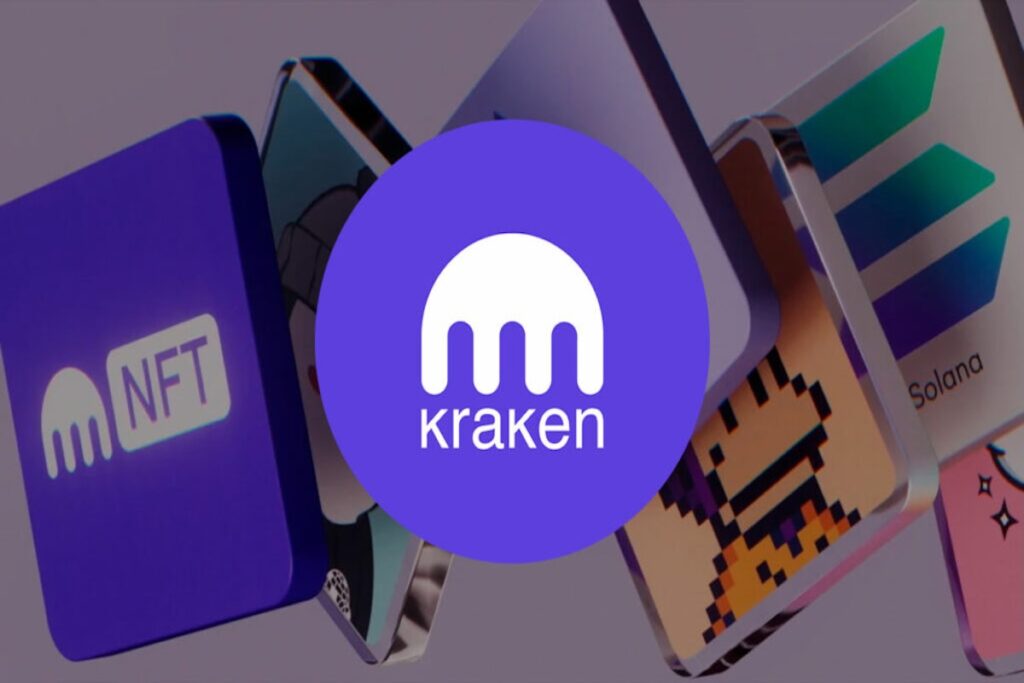Kraken, one of many largest cryptocurrency exchanges, is closing its NFT market. It is a large change of path for the corporate as they’re redeploying sources to new initiatives. {The marketplace} went into withdrawal solely on November 27 and might be shut down utterly in 3 months.
Why Kraken is Closing its NFT Market
Kraken is closing its NFT marketplace as a result of they’re specializing in different services. In an announcement, they stated that is a part of a broader technique to adapt to the altering crypto panorama.
The corporate has a number of initiatives within the pipeline, together with its personal blockchain, in 2025, so they’re pivoting in direction of new innovations that align with its long-term imaginative and prescient. By redeploying sources, Kraken is strengthening its core merchandise and positioning itself for future progress.
The NFT Market
Kraken’s NFT market closure is a symptom of the broader NFT drawback. Since April 2024, weekly buying and selling volumes have been under $200 million. Whereas some initiatives like CryptoPunks are nonetheless energetic, the general market is stagnant.
Kraken’s exit is a part of a broader pattern of crypto platforms reevaluating their priorities on this surroundings. As one of many large gamers in area, Kraken’s transfer will affect how others adapt.
The affect on the NFT market will rely upon how collectors react. The migration of customers to different platforms like OpenSea and Rarible might drive exercise elsewhere and produce new competitors.
NFT Collectors
As Kraken’s NFT market closes collectors should:
Switch NFTs: Transfer NFTs to Kraken Wallet or self-custodial pockets.
Discover Alternate options: Established platforms like OpenSea and Rarible have a full NFT ecosystem for purchasing, promoting and buying and selling.
Search New Platforms: New marketplaces with distinctive options and user-friendly design will appeal to these on the lookout for one thing new.
The closure can also drive innovation as platforms compete to draw new customers with higher safety, usability and options. Collectors ought to ensure that to verify platform-specific necessities and replace their browsers when transferring to new platforms.
NFT Market Viability
Kraken’s exit exhibits the broader NFT market drawback.
In comparison with OpenSea and Rarible:
OpenSea supports multiple blockchains and has all kinds of NFTs. It has a big consumer base however market saturation and competitors has led to declining volumes.
Rarible has decentralized governance through the RARI token and appeals to creators who need extra management over their belongings. However even with that differentiation it’s nonetheless susceptible to market fluctuations.
To develop, NFT marketplaces should stability innovation, regulatory compliance, safety and consumer belief. Kraken’s determination to shut its market and launch a blockchain exhibits the necessity for strategic realignment.
The Way forward for NFT Marketplaces
The NFT area is at a fork. For marketplaces to succeed they have to:
Adapt to the Market: Innovate and align with consumer preferences and market demand.
Prioritize Safety: Security will at all times be key to consumer belief.
Simplify Buying and selling: Make buying and selling simpler and provide distinctive options to face out.
New Alternatives: Initiatives like Kraken’s blockchain launch present there’s progress by means of innovation.
Kraken’s transfer alerts the business is shifting in direction of long-term viability and technological development. The subsequent few years might be large for NFT marketplaces as competitors drives innovation and shapes the way forward for the area.
Conclusion
Kraken’s NFT market is closing one chapter and opening one other. The NFT market has its challenges, however Kraken’s transfer in direction of blockchain improvement exhibits that the priorities of crypto platforms are evolving. Because the panorama adjustments collectors, creators and marketplaces have to be agile and innovate to outlive.
Editor’s be aware: This text was written with the help of AI. Edited and fact-checked by Owen Skelton.

